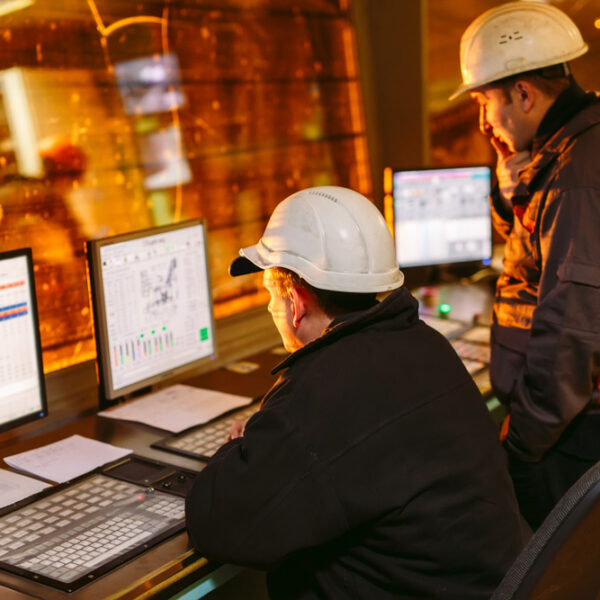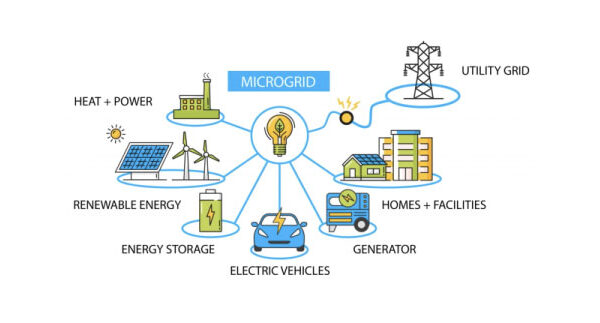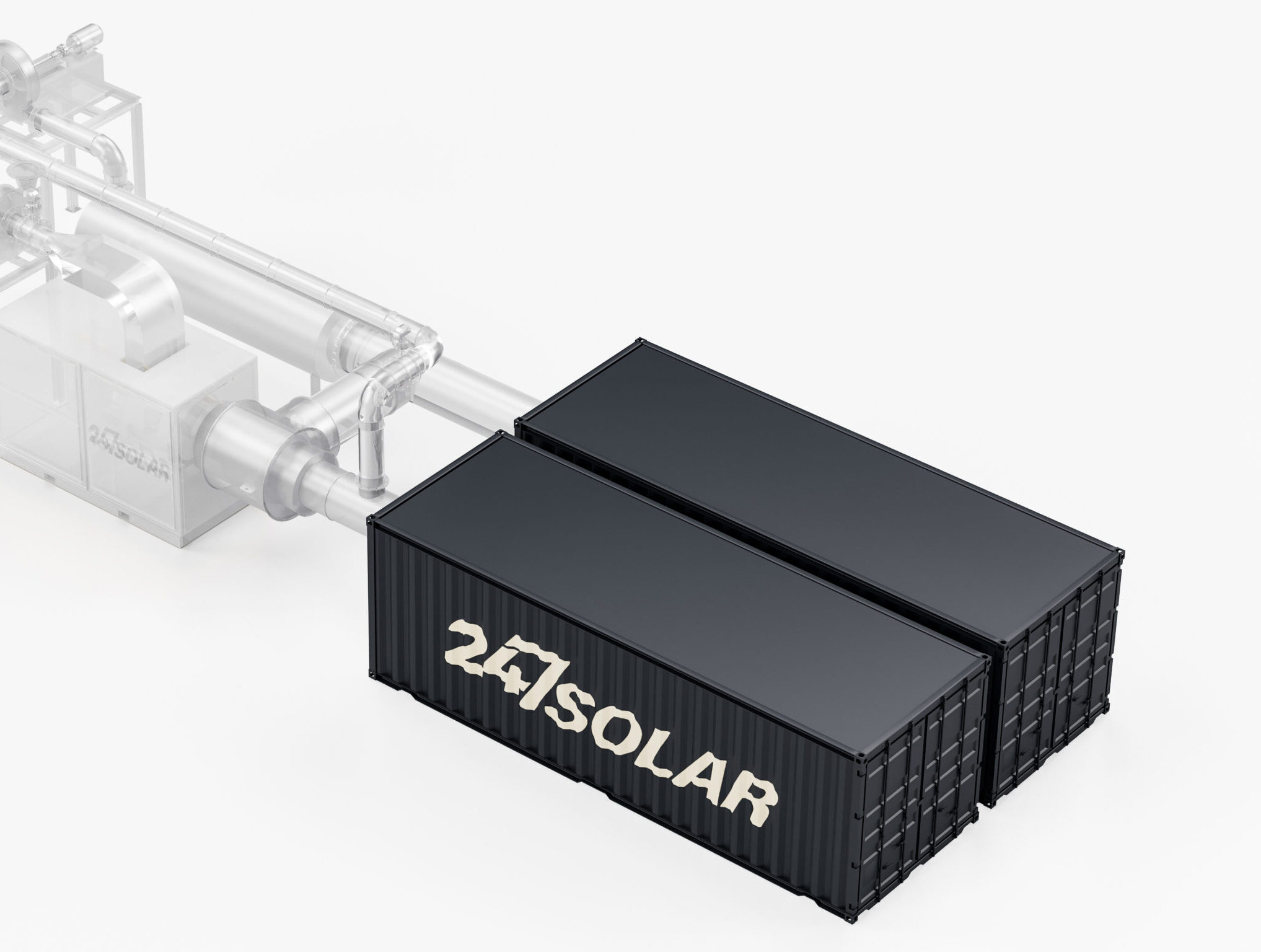SOLAR HEAT IS THE KEY TO DECARBONIZING INDUSTRY
Decarbonizing any sector of the global economy is hard in our fossil-fuel dependent world. The industrial sector is perhaps the most challenging, yet the potential payoff from industrial decarbonization is huge. Solar heat for industry can be the solution.
Giant opportunity
The sheer scale of the problem suggests the size of the opportunity. Per the International Energy Agency (IEA), industry accounts for 38% of total global energy consumption. Yet industries’ greenhouse gas (GHG) emissions are considered hard to abate. Why? Most industries use large amounts of electricity, but what many use even more of is heat, to the point where heat generation accounts for two-thirds of overall industrial energy demand worldwide.
This means that industrial heat usage accounts for more than one-fifth of total global energy consumption. Industry will never reach acceptable levels of decarbonization without addressing the heat side of the equation.
Increasing applications
Decarbonizing electricity is easier than decarbonizing heat. This is mainly because as much as 90% of industrial heat generation is provided by burning fossil fuels. But there’s hope. A report from the International Renewable Energy Association (IRENA), Solar Heat for Industrial Processes, begins: “Solar thermal can fulfill a substantial amount of heat demand in industrial and agricultural food processes within any given country and irrespective of the geographical location. In developed economies, solar thermal can provide technically about half of this energy consumption by supplying hot water and steam in a temperature range of up to 400°C. In developing countries, especially in those where agriculture, the textile, brick, and food processing industries are important sub-sectors, solar thermal energy can provide hot air and hot water needed for curing, drying, dyeing, washing, boiling, pasteurization, and sterilisation.”
“The key challenge,” says IRENA, “is to maximise the share of heat provided by solar heating. This means that solar heating needs to be accompanied by storage to allow process heating during non-sun hours, storage for non-production hours, [and/or] more advanced control systems to optimise the usage of solar heating.” And since the IRENA report was written (2015), new high-temperature (>1000 ℃) solar solutions and emerging long-duration thermal storage technologies have emerged to greatly increase the breadth of industrial heating needs that can be met by solar.
The time is right
These developments could not come at a more opportune time. A recent article in the New York Times highlights the challenges faced by European industries whose gas-fired processes are rapidly becoming uneconomical in the face of skyrocketing natural gas prices. With prices expected to stay high for years as nations develop new sources of natural gas and new infrastructure to replace Russian supplies – and as industries everywhere face decarbonization pressures to abandon fossil fuels entirely, opportunities to include solar heat in their energy mix are increasingly attractive.
Though released in 2015, the IRENA report is an excellent overview of the various technologies, applications, and opportunities available for industry to decarbonize their process heat. Read more
Looking for combined heat and power from a single solar source? 247Solar Plants offer industrial-scale, round-the-clock solar CHP in turnkey systems from 400kW and up.
IT’S OFFICIAL – MICROGRIDS HAVE FINALLY ARRIVED 
Industry players have long understood the concept, but if something is not “a thing” until it is defined in the dictionary, then microgrids have finally broken through into the mainstream. Thanks to Microgrid Knowledge for pointing out this “microgrid milestone.” Per MK, Merriam-Webster has decided to include the word “microgrid” in its dictionary, which defines it as ‘a small grid; especially: a local electrical grid that can be connected to a larger network but that is also capable of operating independently.’
With the passage of the Inflation Reduction Act in the United States, the adoption of microgrids is expected to accelerate dramatically across the country. The bill provides incentives for American communities and businesses to build renewable microgrids as they seek to become more resilient and develop cleaner sources of energy. Of course, microgrids are equally applicable elsewhere around the world, where they can provide grid-independent power for communities, industries, and large facilities, while also providing stabilizing grid services to any grid to which they are connected.
Thanks also to Microgrid Knowledge for spotlighting an excellent new video, Microgrids Now. Produced by the Civil Society Institute, Rocky Mountain Institute (RMI), Think Microgrid, and the Millennial Action Project, the video is a great introduction to the benefits of microgrids for policymakers and other lay audiences. Watch it here.
MCKINSEY: FIGHTING CLIMATE CHANGE IS GOOD BUSINESS
“Before, climate change was about doing the right thing. Now it’s just good business.” So says global consultancy, McKinsey & Company, in the introduction to their new net-zero interactive. The firm graphically presents hypothetical timelines for eight key industries to achieve net-zero by 2050, in what the authors say, “may well prove to be the largest reallocation of capital in history.” They continue, “Organizations shoulder a big responsibility to hit needed targets, while primed to reap the reward: young workers are more attracted to purpose-led companies, and sustainability opens up major investor space.”
To “explore how eight industries may transition to a net-zero world, and how organizations can respond with green businesses that create value along the way,” click here.
NEWS FROM 247SOLAR 
Our next-gen technology provides round-the-clock, emissions-free solar power. Originated at MIT and developed for a more sustainable world, this proprietary, ultra-high-temperature solar technology platform can be used to solve a broad range of community, industrial, and agricultural needs.
Within the platform exists our 247Solar Thermal Storage System. The system, pictured right, is the world’s lowest-cost high-temperature heat storage.
Learn more here.
FOLLOW & JOIN 247Solar
Contact: info@247solar.com